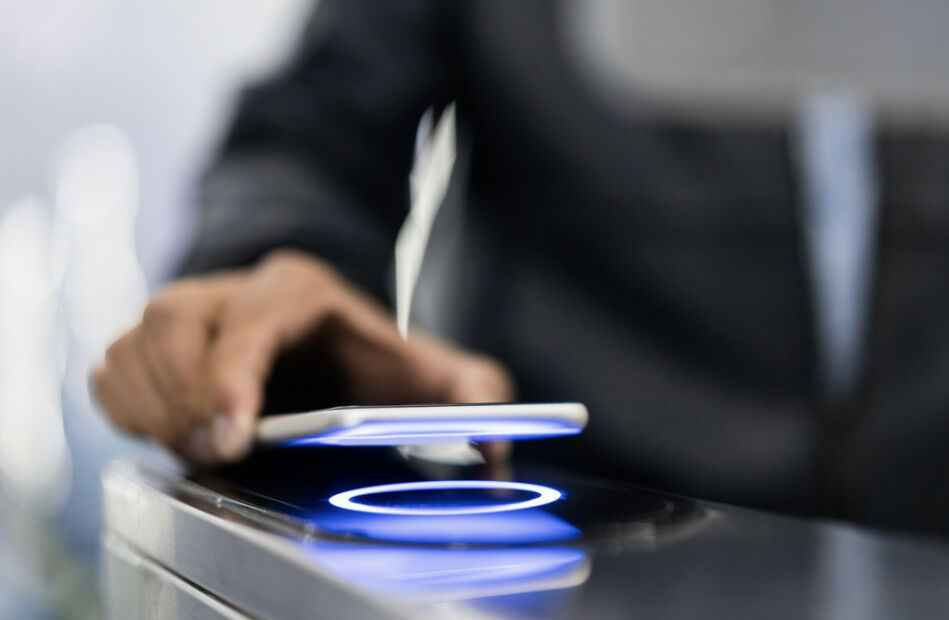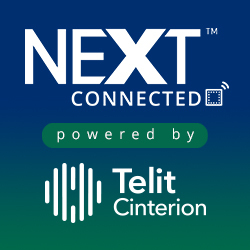UL rates smart building products
- February 7, 2023
- Steve Rogerson

Underwriters Laboratories (UL) is addressing the smart building industry with a different approach to rating smart systems and products.
The smart systems rating programme could help the industry navigate the growing complexity of smart building systems and solidify the definition of a smart product based on features and best practices.
This programme, which is designed to help the smart building industry and smart product original equipment manufacturers (OEMs), puts forth a criteria-based approach using key factors and attributes of a smart building system. These factors include connectivity and interoperability, functional value, resilience, cyber security, digital experience, and control and automation to create a holistic rating programme.
“As buildings become more complex and their smart goals evolve, the demand for new technology to support those goals grows,” said Sudhi Sinha, vice president at UL. “Achieving smart outcomes becomes increasingly difficult if the right products and systems are not installed properly or do not meet the needs of the building and its occupants. The UL smart systems rating programme is designed to holistically assess different types of systems to help the smart building industry achieve its goals, from building energy management and spatial optimisation to security, commercial fire and safety systems, and beyond.”
Through the programme, UL will conduct objective, science-based assessments of smart building systems and products against UL MCV 1587 methodology for marketing claim verification, and classify them into one of three categories:
- Silver – Features and best practices that make a system smart.
- Gold – Features and best practices that are top of the line.
- Platinum – Features and best practices that are exceptional.
Each year, the building technology space grows with an increasing focus on ease of integration, cloud connectivity and smart comprehensive products. In a market saturated with various options and technology claims, it can take time to prioritise which innovations are necessary to meet smart building goals.
“For more than 129 years, we have continued to apply science and objective authority to address critical challenges by helping our customers develop and market safer products and innovations,” said Weifang Zhou, executive vice president at UL. “UL is proud to bring that expertise to the smart building industry to help realise the full long-term benefits of smart systems.”
Illinois-based UL transforms safety, security and sustainability challenges into opportunities for customers in more than 100 countries. It delivers testing, inspection and certification services, together with software products and advisory offerings, that support product innovation and business growth. The UL Certification Mark serves as a recognised symbol of trust in products.





